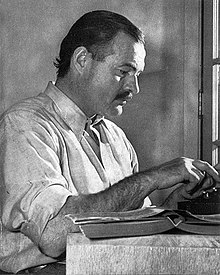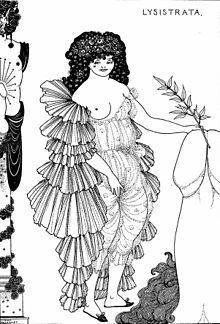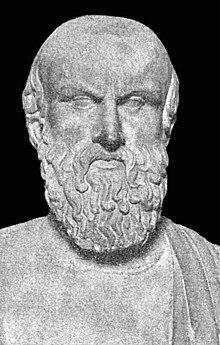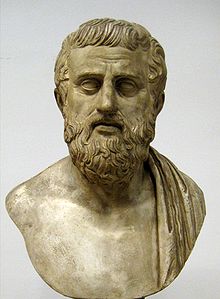Prefix/Root/Suffix
-er, -or, -ist, -ian, -ant: suffix for people's (profession)-er
teacher (n.) a person who teaches or instructs, especially as a profession; instructor
example: My dream is being a teacher.
catcher (n.) Baseball. the player stationed behind home plate, whose chief duty is to catch pitches not hit by the batter
example: The catcher caught the ball.
painter (n.) a person who coats walls or other surfaces with paint, especially as an occupation
example: The painter is painting the wall.
-or
doctor (n.) a person licensed to practice medicine, as a physician, surgeon, dentist, or veterinarian
example: An apple a day keeps the doctor away.
-ist
artist (n.) a person who produces works in any of the arts that are primarily subject to aesthetic criteria
example: My brother is an artist.
violinist (n.) a person who plays the violin
example: The violinist performed well.
psychiatrist (n.) a physician who practices psychitry
example: Tim is the best psychiatrist in there.
-ian
physician (n.) a person who is legally qualified to practice medicine
example: My sister is a physician in the hospital
comedian (n.) a professional entertainer who amuses by relating anecdotes, acting out comical situations, engaging in humorous repartee
example: The performance of this comedian is so interesting that audiences laugh loudly.
-ant
applicant (n.) a person who applies for or requests something
example: As the wage of the job was ow, there were few applicants for it.
attendant (n.) a person who attends another, as to perform a service
example: The atendant of this activity is too many to count.
March / Parade / Demonstration
March (n.) the organized, uniformed, steady and rhythmic walking forward, usually associated with military troopsParade (n.) a large public procession, usually including a marching band and often of a festive nature, held in honor of an anniversary, person, event, etc
Demonstration (n.) a public exhibition of the attitude of a group of persons toward a controversial issue, or other matter, made by picketing, parading, etc
A Farewell to Arms
A Farewell to Arms is a novel by Ernest Hemingway set during the Italian campaign of World War I. It is about a love affair between the expatriate American Henry and Catherine Barkley against the backdrop of the First World War, cynical soldiers, fighting and the displacement of populations.Ernest Hemingway
An American novelist, short story writer, and journalist. His economical and understated style had a strong influence on 20th-century fiction, while his life of adventure and his public image influenced later generations. In 1918, he was seriously wounded and returned home. His wartime experiences formed the basis for his novel A Farewell to Arms (1929).Eastern Orthodox Church
The second largest Christian Church in the world,with an estimated 225–300 million adherents.
The Eastern Orthodox Church is one of the oldest religious institutions in the world, teaching that it is the One, Holy, Catholic and Apostolic Church established by Jesus Christ in his Great Commission to the apostles, and practicing what it understands to be the original faith passed down from the Apostles.








